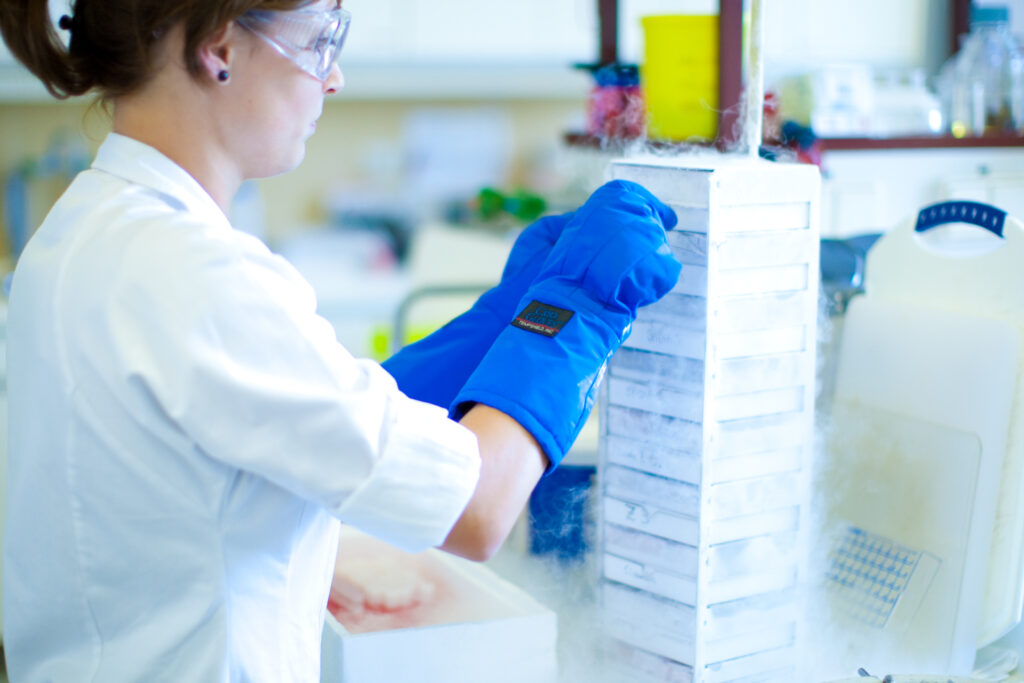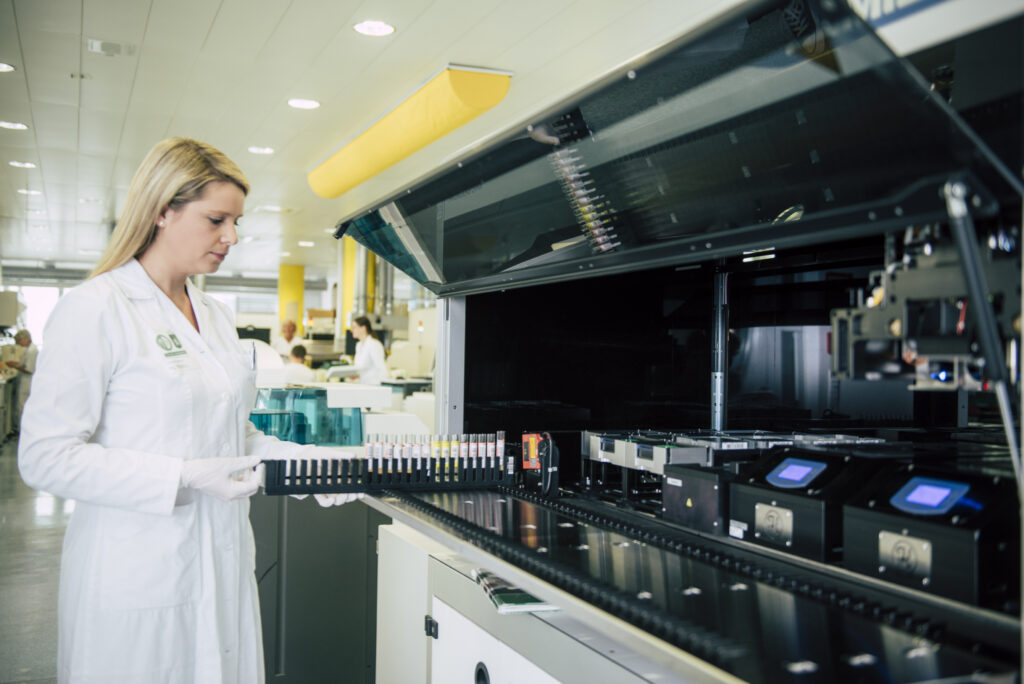What is a biobank?
A biobank is a professional facility that collects, processes, stores, and manages high-quality biological samples and associated data (e.g. health information) to be used for research purposes.
Typical biological samples stored include tissue, body fluids (such as blood, serum, blood, urine, or fluids from punctures), cells and related derivatives (RNA, DNA, or proteins). Usually, these samples are associated with clinical data (like blood pressure or lung volume) and information regarding personal lifestyle (sport habits or smoking behaviour).
The purpose of biobanks is to give researchers access to samples and data to support medical research and the development of new diagnostics, biomarkers and pharmaceutical treatments. Particularly in the era of personalized medicine these biological resources are vital for medical innovations.
Biobank collections can be dedicated to specific patient groups (e.g. with a specific cancer diagnosis) or whole populations.
In Austria the large biobanks are located at medical universities. They represent disease-oriented biobanks as they collect samples and data within the context of clinical care. Biological materials found in such biobanks are collected from patients and represent residual material of samples taken as part of medical examination or a clinical follow-up. Samples for clinical studies and diagnostic purposes have been collected throughout the history of medicine.





